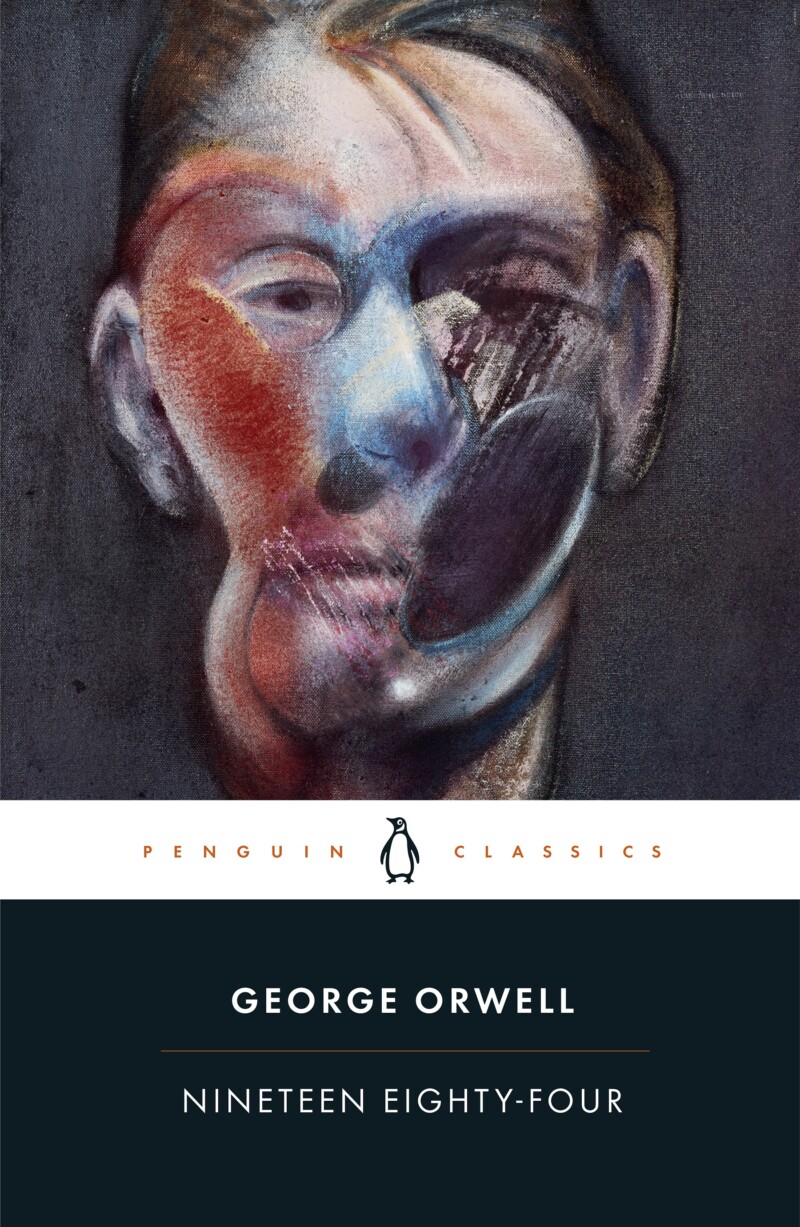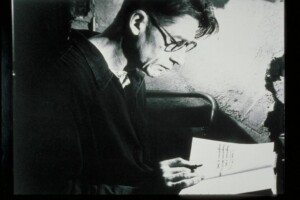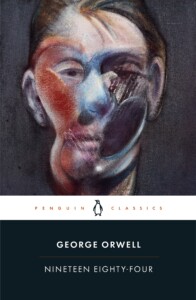The Torments of Black Curls Deia Chandran

Share this
There was a point in my life, around halfway through the first year of primary school, where I would refuse to attend classes if my hair was not straightened.
I inherited every loop of my mother’s hair, though I had only ever seen her with beautiful, straight tresses. At the age of nine, I straightened my hair for the first time. Rebonding, they called it. As if to describe a coming-together. Though, in truth, it was a parting, through metal and heat, with your roots. It was at this age that I realised that alteration of appearance was a possibility. And I was willing to burn off bits of myself that made me seem any more brown than I already was.
To be an Indian school-girl with curly hair, there was one rule to follow if you wished to avoid the headmaster’s office: do absolutely anything necessary to reduce appearance of curls whatsoever. Straighten it, cut it short, shave it off. Digging tons of hairpins into my skull to hold everything in place was my pick. Though by lunchtime, all my kinks and curls would have all battled their way through the hairpins to fervently declare my true form to the teachers who would then castigate me for it.
As children, we perceived adults to be faultless and all-knowing; like mirrors, reflecting versions of ourselves that we had no choice but to mold ourselves into. In ‘Such, Such Were the Joys’, George Orwell said ‘[a child] has no accumulated experience to give it confidence in its own judgments’, trusting wholly in the knowledge of the adults in their environment. In the essay, Orwell ruminates on his childhood self and the violence and prejudice of school life in an honest and unadorned fashion, recounting his time at St Cyprian’s and his experiences with bullying, incompetent teachers and corporal punishment. Many are familiar with the prejudice faced at such an institution. School was the first place I was taught that I was existing beyond the realm of acceptability, and that it was a condition that was my own obligation to mend.
I have met my fair share of Flips and Sambos, the names Orwell had given his headmaster and his wife. You would never find Mr. Anwar, the head of discipline, without a rattan cane attached to his body like a third arm. The last three alphabets in his name echoing his combative nature. Every few weeks, he would replace the cane he had with a brand new one, after shattering them from using it on a student. He had a head that gleamed like the back of a well-polished spoon, and a large mole on his upper lip. Fortunately, I had been able to avoid being a victim of Mr. Anwar’s rage up until this point (though he would always find a way to reprimand me for my curly hair), and I was committed to maintaining that for as long as he was head disciplinarian. Of course, Mr. Anwar wasn’t the only one who favoured corporal punishment as a disciplinary method. Almost all of us knew what it was like to receive a beating from a teacher. It was always the same dance when it came to homework: one strike on the palm if you did not do it right; two if you failed to complete your work at all; however, their generosity knew no limits when it came to people who looked like me.
Romance brings us all together. When I was eleven, an Indian couple were found kissing at Gate C. It was one of the three entrance gates at school – the one where students would go to to not be discovered. Priya was in a class below mine and always wore her hair in braids, always gleaming from too much hair oil. No one really knew who her partner was. ‘Some random Indian boy,’ they would say in conversations. That was not the first time that had happened, however; though, most brushed off as ‘kids being kids’. Yet, this incident, for some reason, stirred up a great deal of controversy amongst the school board – particularly our headmistress, Madam Z.
A week after the pair had gotten suspended, sometime before lunch period on a Friday, a legion of prefects came storming into every classroom announcing, ‘all Indian students are required to gather at the auditorium!’. Amidst protests from other students and shoving, we made it to the auditorium where five blue chairs were placed right in front of the stage. Madam Z was there, looking cadaverous and terrifying as ever, accompanied by Mr. Anwar and three other teachers whom I only knew by sight. For an hour and a half, we listened to her condemn us. We were immoral, vulgar, that it was in our nature to be beasts. That if any of us were to consider being involved in a romantic relationship of any kind, we would be risking suspension. She retired a few months after, and skipping her farewell party was an act of rebellion I exulted in.
It was not very long until I found myself in an inevitable situation. I say inevitable because the coercive mechanisms of school operate in such a way that it either forces you into a pack or strips you of your safety when alone. Soon after, I began to fine-tune my predispositions to accommodate my fears, rather than my own needs. I did all I could to distance myself from my blood. First it started with getting rid of my curls, to sticking my bindis on school windows so no one would see my wearing them. It got to a point where I stopped speaking my native language, forgoing the language in which my father would sing to me, abandoning it like a severed tongue. There was a derogatory term for Indians who could not speak in their mother tongues: coconuts, for its brown exterior and white interior. But the shedding of my brownness became a commendable act, all meat and no shell, making my body a feeding ground for the sharp-clawed. I craved their approval, while I resented them for owning names and faces I wished were my own. Shamefully, the term ‘coconut’ that was meant to be degrading began to sound like a compliment. To navigate yourself, as a child, in a body that has been rejected endlessly by your peers, to be constantly mocked and ridiculed, what more can a child do but escape their reality.
Eventually, my performing act failed me. The newly straightened, pony-tailed coiffure offered me no shield from Mr. Anwar’s ferocity. Somehow, despite all my efforts to maintain a facade of competency, transforming my hair from something that, as he would say, was ‘not right’ in his eyes, did nothing to protect me for long. Perhaps I had scorched it into invisibility. Perhaps it was not merely my hair that was the issue. Perhaps I should have set fire to my entire being. All my efforts to change had brought me back to the place I had been trying to avoid. It was not my speaking up against Mr. Anwar’s racist jokes that got me there, though perhaps it was a good excuse for him. It was not the piercing pain from the cane that hurt the most. It was the knowledge that I could fill my body with as many welts, and it still would not fix the real problem. He would have found any reason to beat a brown child.
School taught me a means of survival that meant adopting different, acceptable characteristics. I was too young to comprehend the beatings as a violent form of forced assimilation. A child’s judgement of themselves very much depends on how the other behaves towards them. I wholly believed that altering my essence, the marrow of being would protect me from being singled out and punished. I sought to fortify myself through the obliteration of the skin I had been given, to arm myself with utter self-rejection. That all this punishment was to motivate me out of my inferior disposition, to teach me to be more like them. That was not reality. A mockingbird can be anything if you beat it hard enough.
written in response to ‘Such, Such Were the Joys’ by George Orwell
Reference: ORWELL, G. (1950). Shooting an Elephant and Other Essays. Penguin Books.
Written for UWE Bristol’s ‘Ideation, Platforms and Commercial Writing’ module in the Faculty of Arts, Creative Industries and Education

